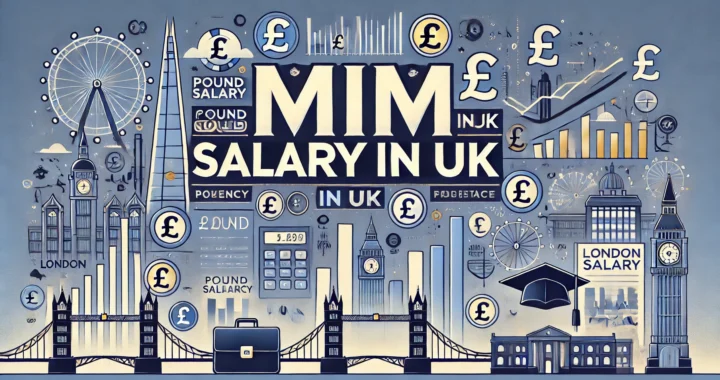Are you thinking about studying in London? If you’re an Indian student with a bachelor’s degree looking to pursue a master’s abroad, London could be the perfect choice for you. The city is home to some of the best universities in London and offers a unique blend of history, culture, and academic excellence.
London’s universities are known for their high-quality education and global recognition. The best universities in London attract students from all over the world, creating a diverse and exciting learning environment. In this guide, we’ll explore the top universities in London, what makes them special, and how you can choose the right one for your studies. We’ll also cover important aspects of student life in London, from accommodation to the application process.
Why Study in London?
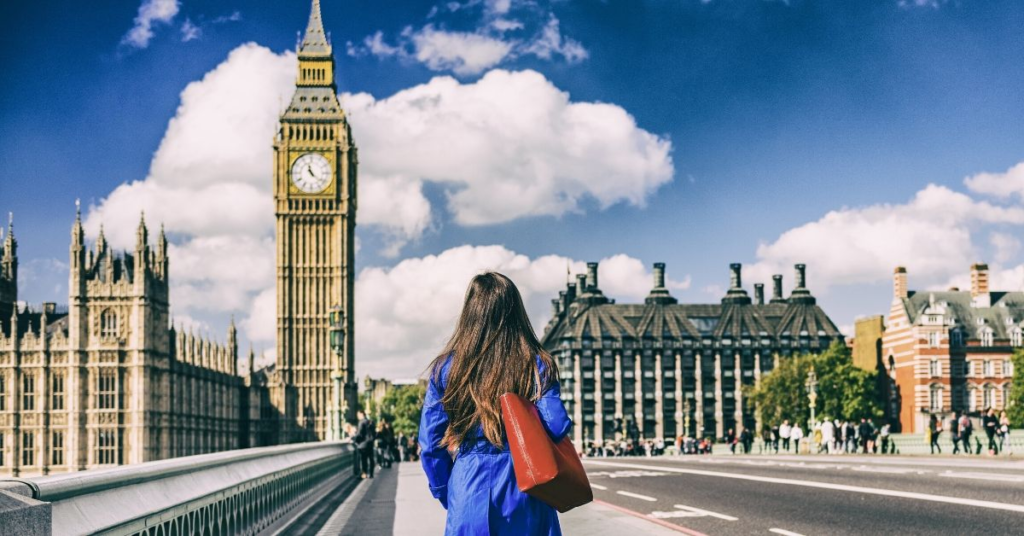
An Overview of London’s Academic Scene
London is a top choice for students worldwide, and for good reason. The city is home to many of the best universities in London, offering a wide range of courses and degrees. Here’s what makes London’s academic scene stand out:
- World-class institutions: London has four universities in the world’s top 40, according to the QS World University Rankings 2021. These include University College London (UCL), Imperial College London, King’s College London, and the London School of Economics and Political Science (LSE).
- Diverse course offerings: The best universities in London offer programs in almost every field imaginable, from engineering and medicine to arts and humanities.
- Research opportunities: Many of London’s universities are known for their cutting-edge research. As a student, you’ll have access to state-of-the-art facilities and the chance to work with leading experts in your field.
- Industry connections: London’s universities have strong ties to various industries, offering internships, placements, and networking opportunities that can boost your career prospects.
Benefits of Studying in London
Choosing to study at one of the best universities in London comes with numerous advantages:
- Cultural diversity: London is one of the most multicultural cities in the world. You’ll meet people from various backgrounds and cultures, enhancing your global perspective.
- Career opportunities: London is a global business hub. Many international companies have offices here, providing excellent job prospects after graduation.
- English language immersion: Studying in an English-speaking country can significantly improve your language skills, which is valuable for your future career.
- Historical and cultural experiences: London is rich in history and culture. You’ll have access to world-famous museums, galleries, and historical sites, many of which are free to visit.
- Travel opportunities: London’s location and transport links make it easy to explore the UK and Europe during your study breaks.
- Quality of education: The best universities in London are known for their high academic standards and quality of teaching.
- Networking: You’ll have the chance to build a global network of contacts, including classmates, professors, and industry professionals.
- Personal growth: Living and studying in a new country can help you become more independent, adaptable, and confident.
By choosing to study at one of the best universities in London, you’re not just getting a degree – you’re gaining a life-changing experience that can shape your future in many positive ways.
Top Universities in London
University College London (UCL)
University College London, often called UCL, is one of the best universities in London and a world-renowned institution. Founded in 1826, it was the first university in London to admit students regardless of race, class, or religion. UCL is known for its cutting-edge research and innovative teaching methods. The university offers a wide range of programs across various disciplines, making it a popular choice for international students. UCL’s central London location provides students with easy access to the city’s cultural and professional opportunities.
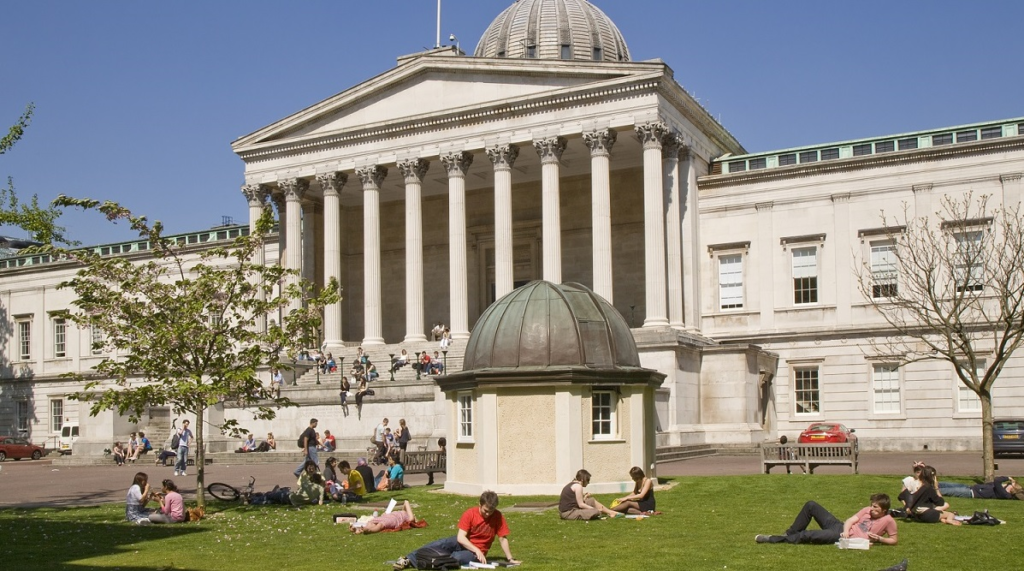
| Aspect | Details |
|---|---|
| World Ranking | 8th (QS World University Rankings 2021) |
| Acceptance Rate | Around 63% |
| Tuition Fees (International Students) | £23,300 – £34,200 per year (varies by program) |
| Average Post-Grad Salary | £29,000 per year |
| Required Test Scores | IELTS: 6.5 overall, with no less than 6.0 in each component |
| Notable Alumni | Mahatma Gandhi, Alexander Graham Bell, Chris Martin |
| Student Population | Over 41,000 |
| Student-to-Faculty Ratio | 10:1 |
Imperial College London
Imperial College London is another of the best universities in London, especially renowned for science, technology, engineering, and mathematics (STEM) subjects. Established in 1907, Imperial has a strong focus on practical application of knowledge and industry partnerships. The university’s location in South Kensington puts students at the heart of London’s museum district, adding a cultural dimension to the academic experience.
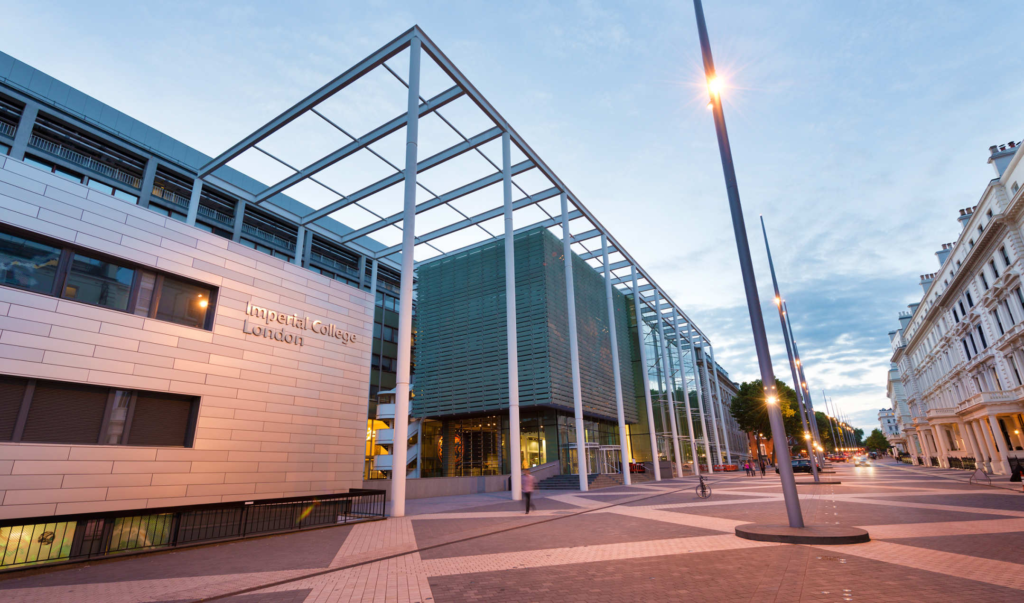
| Aspect | Details |
|---|---|
| World Ranking | 7th (QS World University Rankings 2021) |
| Acceptance Rate | Around 14% |
| Tuition Fees (International Students) | £32,000 – £45,000 per year (varies by program) |
| Average Post-Grad Salary | £33,000 per year |
| Required Test Scores | IELTS: 6.5 overall, with no less than 6.0 in each component |
| Notable Alumni | H.G. Wells, Brian May, Sir Alexander Fleming |
| Student Population | Over 19,000 |
| Student-to-Faculty Ratio | 11:1 |
London School of Economics and Political Science (LSE)
The London School of Economics and Political Science, commonly known as LSE, is one of the best universities in London for social sciences. Founded in 1895, LSE has built a strong reputation in fields such as economics, politics, law, and sociology. The university is known for its diverse student body and its central London location, which provides easy access to political and financial institutions.

| Aspect | Details |
|---|---|
| World Ranking | 49th (QS World University Rankings 2021) |
| Acceptance Rate | Around 9% |
| Tuition Fees (International Students) | £22,430 – £29,720 per year (varies by program) |
| Average Post-Grad Salary | £30,000 per year |
| Required Test Scores | IELTS: 6.5 overall, with no less than 6.0 in each component |
| Notable Alumni | Dr. B. R. Ambedkar, Mick Jagger, George Soros |
| Student Population | Over 11,000 |
| Student-to-Faculty Ratio | 11:1 |
King’s College London
King’s College London, founded in 1829, is one of the oldest and best universities in London. It’s particularly well-known for its courses in humanities, law, and the sciences, especially medicine. King’s has a strong research focus and is part of the prestigious Russell Group. Its central London location, spread across five campuses, offers students a vibrant city experience alongside top-quality education.
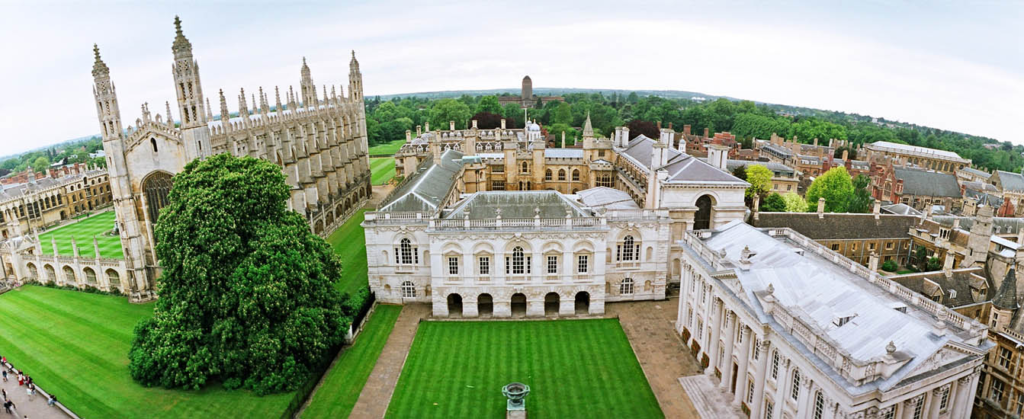
| Aspect | Details |
|---|---|
| World Ranking | 31st (QS World University Rankings 2021) |
| Acceptance Rate | Around 13% |
| Tuition Fees (International Students) | £21,420 – £41,200 per year (varies by program) |
| Average Post-Grad Salary | £28,000 per year |
| Required Test Scores | IELTS: 6.5 overall, with no less than 6.0 in each component |
| Notable Alumni | Florence Nightingale, John Keats, Desmond Tutu |
| Student Population | Over 31,000 |
| Student-to-Faculty Ratio | 11:1 |
Queen Mary University of London
Queen Mary University of London, part of the University of London system, is one of the best universities in London known for its inclusive and diverse environment. Founded in 1785, it has a rich history and a strong reputation in various fields, including science and engineering, humanities, and social sciences. Queen Mary is located in the East End of London, offering a unique urban campus experience.
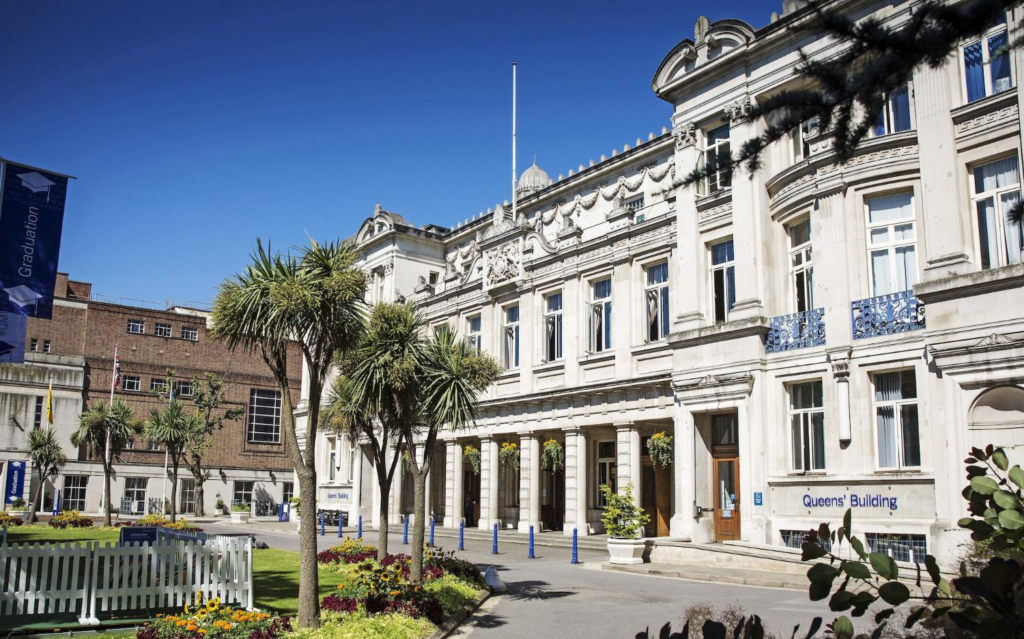
| Aspect | Details |
|---|---|
| World Ranking | 114th (QS World University Rankings 2021) |
| Acceptance Rate | Around 44% |
| Tuition Fees (International Students) | £18,000 – £38,000 per year (varies by program) |
| Average Post-Grad Salary | £26,000 per year |
| Required Test Scores | IELTS: 6.5 overall, with no less than 5.5 in each component |
| Notable Alumni | Bruce Dickinson, J.G. Ballard, Sir Peter Mansfield |
| Student Population | Over 25,000 |
| Student-to-Faculty Ratio | 13:1 |
Other Notable Universities in London
University of Westminster
The University of Westminster, founded in 1838, is known for its practical and industry-focused approach to education. It offers a wide range of courses across its central London campuses.
| Aspect | Details |
|---|---|
| World Ranking | 651-700 (QS World University Rankings 2021) |
| Acceptance Rate | Around 75% |
| Tuition Fees (International Students) | £14,000 – £18,000 per year (varies by program) |
| Required Test Scores | IELTS: 6.0 overall, with no less than 5.5 in each component |
| Notable Alumni | Vivienne Westwood, Christopher Bailey, Cherie Blair |
City, University of London
City, University of London, founded in 1894, is known for its strong connections to business and the professions. It’s particularly renowned for courses in journalism, law, and business.
| Aspect | Details |
|---|---|
| World Ranking | 350th (QS World University Rankings 2021) |
| Acceptance Rate | Around 39% |
| Tuition Fees (International Students) | £16,000 – £35,000 per year (varies by program) |
| Required Test Scores | IELTS: 6.5 overall, with no less than 6.0 in each component |
| Notable Alumni | Mahatma Gandhi, Margaret Thatcher, Tony Blair |
Brunel University London
Brunel University London, established in 1966, is known for its engineering and design courses. It offers a campus-based university experience in West London.
| Aspect | Details |
|---|---|
| World Ranking | 351st (QS World University Rankings 2021) |
| Acceptance Rate | Around 43% |
| Tuition Fees (International Students) | £16,850 – £19,500 per year (varies by program) |
| Required Test Scores | IELTS: 6.5 overall, with no less than 6.0 in each component |
| Notable Alumni | Rami Malek, Jo Brand, Ade Adepitan |
Royal Holloway, University of London
Royal Holloway, part of the University of London, was founded in 1879. It’s known for its beautiful campus in Egham, Surrey, just outside London, and its strong arts and humanities programs.
| Aspect | Details |
|---|---|
| World Ranking | 308th (QS World University Rankings 2021) |
| Acceptance Rate | Around 68% |
| Tuition Fees (International Students) | £18,300 – £22,000 per year (varies by program) |
| Required Test Scores | IELTS: 6.5 overall, with no less than 5.5 in each component |
| Notable Alumni | Emily Wilding Davison, Richmal Crompton, Mark Strong |
How to Choose the Right University for You
Selecting the right university from among the best universities in London is crucial for your academic success and personal growth. Here are some key factors to consider:

Factors to Consider
- Academic reputation: Look at university rankings and subject-specific rankings.
- Course content: Examine the curriculum, modules, and assessment methods.
- Research opportunities: Check the university’s research output and facilities.
- Location: Consider the campus location and its proximity to amenities.
- Student satisfaction: Review student surveys and feedback.
- Graduate employability: Look at career prospects and alumni success rates.
- Tuition fees and living costs: Compare the overall cost of studying at different universities.
- Scholarships and funding: Research available financial aid options.
Researching University Programs
Use these resources to gather information:
- University websites: Detailed course information and entry requirements.
- UCAS (Universities and Colleges Admissions Service): Comprehensive database of UK university courses.
- The Complete University Guide: Independent UK university rankings and course information.
- QS World University Rankings: Global university rankings and subject rankings.
- Student forums: Platforms like The Student Room for peer experiences and advice.
Visiting Campuses
If possible, attend university open days or virtual tours. In 2019, 78% of students who attended open days found them helpful in making their decision (UCAS, 2020).
| University Selection Criteria | Importance to Students (%) |
|---|---|
| Course content | 85% |
| University reputation | 74% |
| Graduate employment rates | 69% |
| Location | 65% |
| Student satisfaction scores | 61% |
| Research quality | 52% |
Tips for Applying to the Best Universities in London

Application Process
- Choose your courses: You can apply to up to 5 courses through UCAS.
- Prepare your application: Include personal details, academic qualifications, and a personal statement.
- Submit your application: The main UCAS deadline is usually January 15th for most courses.
- Track your application: Use UCAS Track to follow the progress of your application.
- Respond to offers: Once you receive decisions from all your choices, select your firm and insurance choices.
Required Documents
- Academic transcripts
- English language test scores (IELTS, TOEFL, etc.)
- Letters of recommendation (usually 2-3)
- Personal statement (4,000 characters or 47 lines)
- CV/Resume (for some postgraduate courses)
- Portfolio (for art and design courses)
Deadlines to Remember
| Application Type | Deadline |
|---|---|
| Oxford and Cambridge | October 15 |
| Most undergraduate courses | January 15 |
| Some art and design courses | March 24 |
| Postgraduate courses | Varies by university (check individual deadlines) |
Key Application Statistics:
- In 2020, UCAS received 731,855 applications for UK universities.
- International student applications increased by 5.2% in 2020 compared to 2019.
- The average acceptance rate for Russell Group universities (which includes many of the best universities in London) is around 67%.
Living in London as a Student

Accommodation Options
- University halls of residence
- Private student accommodation
- Private rented accommodation
- Homestay
Cost of Living
Living costs in London are higher than in many other UK cities. Here’s a breakdown of average monthly expenses:
| Expense Category | Average Monthly Cost (£) |
|---|---|
| Accommodation | 600 – 1,000 |
| Food | 200 – 300 |
| Transportation | 100 – 150 |
| Books and supplies | 40 – 50 |
| Personal expenses | 200 – 300 |
| Total | 1,140 – 1,800 |
Note: These are estimates and can vary based on lifestyle and choices.
Transportation
London has an extensive public transportation system:
- Underground (Tube): 11 lines covering 270 stations
- Buses: Over 700 bus routes
- Overground: 9 lines serving outer London
- DLR (Docklands Light Railway): Serves East and South East London
Student discounts:
- 18+ Student Oyster photocard: 30% off adult-rate Travelcards and Bus & Tram Pass season tickets
- 16-25 Railcard: 1/3 off rail fares across Britain
Key London Student Statistics:
- Over 400,000 students study in London each year
- International students make up about 29% of London’s student population
- 92% of students are satisfied with their London study experience (London & Partners, 2019)
Conclusion
Choosing to study at one of the best universities in London is a decision that can shape your future in countless positive ways. From world-class education and research opportunities to cultural experiences and career prospects, London offers a unique blend of academic excellence and vibrant city life. As you embark on this exciting journey, remember to research thoroughly, consider your personal goals, and make the most of the resources available to you. Whether you choose UCL, Imperial College, LSE, or any other top London university, you’re setting yourself up for a transformative educational experience in one of the world’s most dynamic cities.




